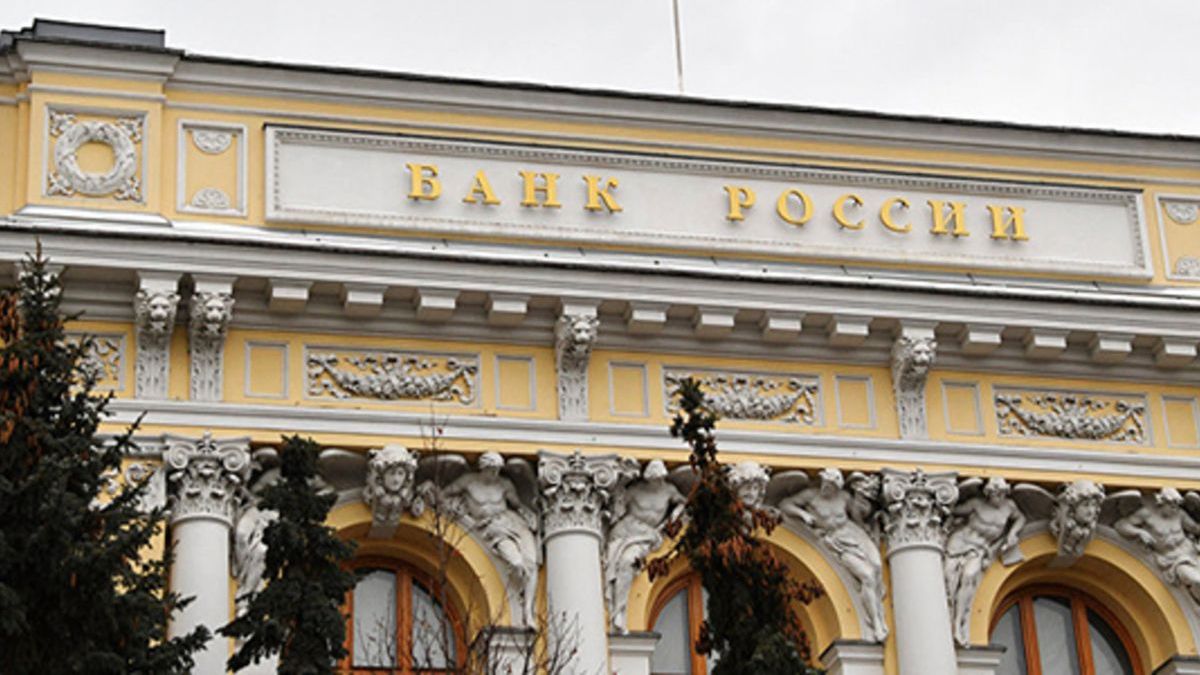“The reduction in several levels of the Russian note and the maintenance of vigilance (…) have been caused by the severe sanctions that Western countries have imposed on Russia”, especially against the central bank and large financial institutions, in response to the military invasion of Ukraine, Moody’s said in a statement. The financial rating agency alludes to a “growing risk of disruption” regarding Russian debt repayment due to “coordinated sanctions” and “great concerns about Russia’s willingness” to honor its debt.
Fitch predicts in turn that there will be more severe sanctions against Russian banks. The agency affirms that in the event that the conflict continues, in a context of fragile economic growth, the risk of political instability will be greater in Russia.
On February 28, 2022, MSCI launched a consultation with international institutional investors on the accessibility and investment possibilities of the Russian stock market. During the consultation, MSCI received responses from global market participants including asset owners, asset managers and broker-dealers. “An overwhelming majority confirmed that Russian equities are currently uninvestable and that Russian stocks should be removed from the MSCI Emerging Markets Indices.” Participants highlighted recent negative developments that have led to a deterioration in the accessibility of the Russian stock market to international institutional investors, to such an extent that it does not meet the requirements of Market Accessibility for Emerging Markets.”
The country’s central bank has banned issuers of ruble debt from paying interest to foreign investors, in addition to a ban on foreigners selling Russian assets or transferring capital out of the country. Likewise, the Moscow Stock Exchange will remain closed for the fourth consecutive day.
If in the first instance there were doubts about whether the debt coupons could be paid, the Central Bank explained Bloomberg that the issuers can decide to pay the coupons, but the securities depositories will not make the payment. The world’s two largest clearinghouses, Euroclear and Clearstream, are no longer trading Russian debt. In practice, investments in Russia are frozen: foreigners cannot sell assets or collect interest or deposits. Not even the Russians can, at the moment, sell their shares on the stock market.
According to the Interfax agency, the veto will last for half a year. The decision, as a consequence of the severe financial sanctions, may lead the Russian debt to a technical default, although there are no precedents of payments authorized but not disbursed. Foreign investors have 26,000 million in public debt denominated in rubles, called OFZ, and tomorrow is the coupon payment date.
“Potentially weaker willingness on the part of the Russian government to service its debt on time and in full increases the likelihood of more severe credit outcomes for Russian debt,” Moody’s said, without touching the rating for now. “It’s probably a technical default, we’ll see how long it lasts,” Nick Eisinger, co-head of emerging market fixed income at Vanguard Asset Management in London, told Bloomberg.
On Thursday, the Russian ruble fell to new record lows against the dollar and the euro after rating agencies Fitch and Moody’s downgraded Russia’s sovereign debt rating to “junk” status. The ruble depreciates more than 9% against the dollar to 116.8 and falls almost 8% against the euro to 125.1 on the Moscow Stock Exchange, the first time the ruble traded below 110 against the dollar in Moscow and the dollar. For the first time it exceeds 123 against the euro.
Source: Ambito
David William is a talented author who has made a name for himself in the world of writing. He is a professional author who writes on a wide range of topics, from general interest to opinion news. David is currently working as a writer at 24 hours worlds where he brings his unique perspective and in-depth research to his articles, making them both informative and engaging.




